
Polis Chrysochous: A Serene Getaway in Cyprus
Nestled on the northwestern coast of Cyprus, Polis Chrysochous is a charming town that offers a tranquil escape from the hustle and bustle of city life. Known for its stunning natural beauty, Polis is surrounded by lush greenery, rolling hills, and the azure waters of the Mediterranean Sea. This idyllic location is perfect for those looking to unwind and connect with nature. Polis Chrysochous is steeped in history and culture. Visitors can explore ancient ruins, visit the local museum, and wander through the quaint streets lined with traditional Cypriot architecture. The town's rich heritage is evident in its well-preserved buildings and historical landmarks, providing a glimpse into Cyprus's storied past. In addition to its cultural attractions, Polis is also a paradise for outdoor enthusiasts. The nearby Akamas Peninsula is a haven for hikers and nature lovers, offering numerous trails that wind through lush forests and along rugged coastlines. The area is also home to a diverse array of wildlife, making it a popular spot for birdwatching and eco-tourism. For those looking to relax, the pristine beaches of Polis provide the perfect setting for sunbathing, swimming, and water sports. The warm, crystal-clear waters are inviting, and the gentle waves make it an ideal destination for families and solo travelers alike. With its combination of natural beauty, rich history, and outdoor activities, Polis Chrysochous is a must-visit destination for anyone traveling to Cyprus.
Local tips in Polis Chrysochous
- Visit the Baths of Aphrodite for a mythical experience and stunning views of the Akamas Peninsula.
- Explore the local markets to sample fresh produce and traditional Cypriot delicacies.
- Rent a bike to explore the scenic coastal paths and countryside at your own pace.
- Don't miss a boat trip to the Blue Lagoon, known for its crystal-clear waters and excellent snorkeling opportunities.
- Check out the local festivals and events to experience the vibrant culture and traditions of the area.
Polis Chrysochous: A Serene Getaway in Cyprus
Nestled on the northwestern coast of Cyprus, Polis Chrysochous is a charming town that offers a tranquil escape from the hustle and bustle of city life. Known for its stunning natural beauty, Polis is surrounded by lush greenery, rolling hills, and the azure waters of the Mediterranean Sea. This idyllic location is perfect for those looking to unwind and connect with nature. Polis Chrysochous is steeped in history and culture. Visitors can explore ancient ruins, visit the local museum, and wander through the quaint streets lined with traditional Cypriot architecture. The town's rich heritage is evident in its well-preserved buildings and historical landmarks, providing a glimpse into Cyprus's storied past. In addition to its cultural attractions, Polis is also a paradise for outdoor enthusiasts. The nearby Akamas Peninsula is a haven for hikers and nature lovers, offering numerous trails that wind through lush forests and along rugged coastlines. The area is also home to a diverse array of wildlife, making it a popular spot for birdwatching and eco-tourism. For those looking to relax, the pristine beaches of Polis provide the perfect setting for sunbathing, swimming, and water sports. The warm, crystal-clear waters are inviting, and the gentle waves make it an ideal destination for families and solo travelers alike. With its combination of natural beauty, rich history, and outdoor activities, Polis Chrysochous is a must-visit destination for anyone traveling to Cyprus.
When is the best time to go to Polis Chrysochous?
Iconic landmarks you can’t miss
Archaeological Site of the Tombs of the Kings
Explore the awe-inspiring Archaeological Site of the Tombs of the Kings, a historical marvel showcasing ancient burial practices in Cyprus.
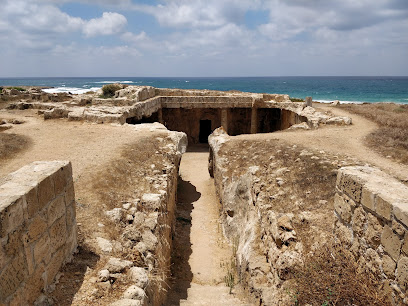
Moustakallis Tavern
Discover the heart of Cypriot cuisine at Moustakallis Tavern, where authentic flavors and warm hospitality create unforgettable dining experiences.
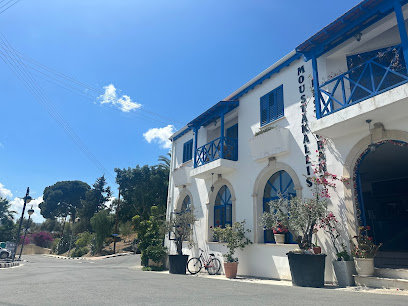
Ταβέρνα Η Παρέα
Savor authentic Greek cuisine in a charming, traditional setting at Ταβέρνα Η Παρέα, a culinary gem in Poli Crysochous, Cyprus.
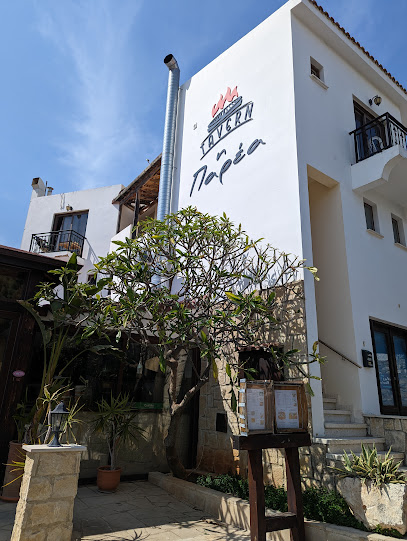
Polis Herb Garden-Restaurant
Experience Cypriot charm at Polis Herb Garden-Restaurant: Fresh cuisine, serene gardens, and warm hospitality await in Polis Chrysochous.
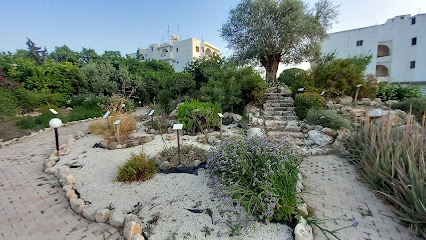
Psaropoulos Fish Tavern
Experience authentic Cypriot seafood at Psaropoulos Fish Tavern, where fresh flavors meet stunning Mediterranean views.
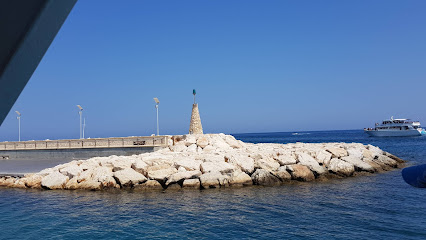
Latchi Harbours( berthing )office/vhf-ch 17
Experience the vibrant charm of Latchi Harbours - a perfect blend of adventure, relaxation, and stunning coastal beauty in Cyprus.
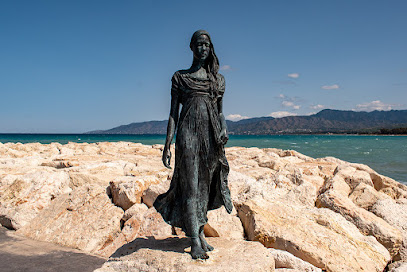
Latchi Boat Trips - Blue Lagoon, Akamas - Cyprus Mini Cruises
Explore the stunning Blue Lagoon and Akamas Peninsula with Latchi Boat Trips, your gateway to Cyprus's breathtaking coastal beauty.
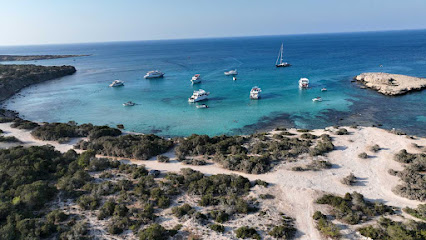
Camping Site Polis Chrisochous
Discover the natural beauty and serenity of Polis Chrisochous Campground in Cyprus, perfect for camping, hiking, and exploring the Akamas Peninsula.
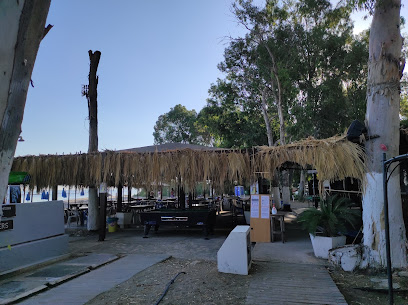
STS MOTOFUN
Experience the thrill of ATV adventures in Cyprus with STS MOTOFUN, where adventure and breathtaking landscapes await every traveler.
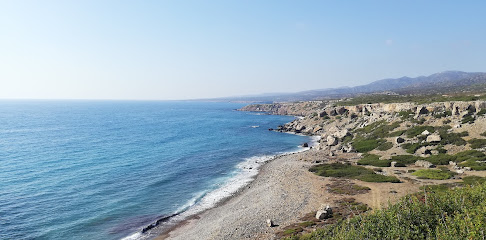
Finikas
Discover Finikas Restaurant in Polis Crysochous, where fresh Cypriot flavors meet a warm Mediterranean ambiance for an unforgettable dining experience.
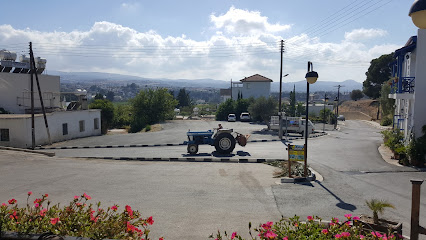
Polis Municipal Beach
Discover the serene beauty of Polis Municipal Beach, a perfect destination for relaxation, sunbathing, and water sports in Cyprus.
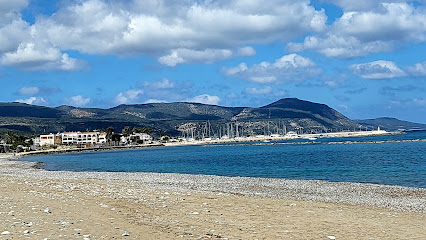
Old Town Restaurant, Polis
Discover authentic Cypriot cuisine at Old Town Restaurant in Polis, where every meal is a celebration of local flavors and warm hospitality.
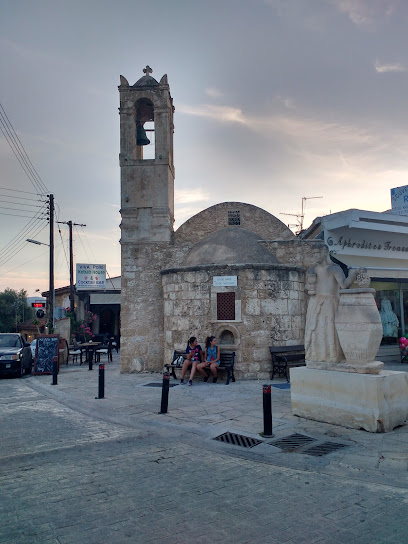
Yiannis Sandwich Place
Discover the delicious taste of Cyprus at Yiannis Sandwich Place, where every sandwich is a burst of local flavor and affordable delight.
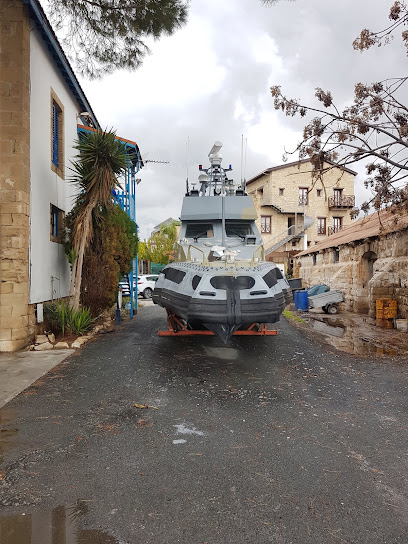
Arsinoe Fish Tavern
Experience the best of Cypriot cuisine at Arsinoe Fish Tavern, where fresh seafood meets traditional Greek flavors in a stunning seaside setting.
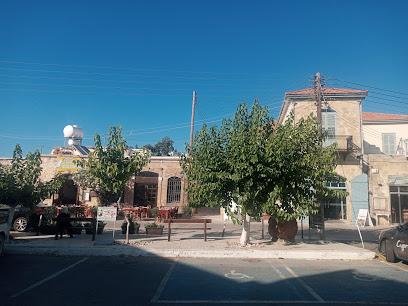
Molos Restaurant
Discover the flavors of Cyprus at Molos Restaurant, where fresh seafood meets stunning Mediterranean views in Latsi.
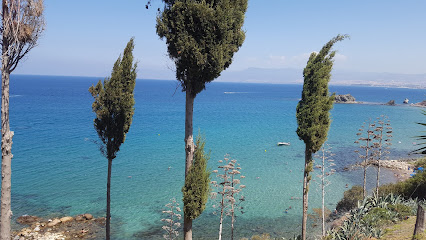
Unmissable attractions to see
Petra tou Romiou (Aphrodite's Rock)
Discover the mythical birthplace of Aphrodite, where stunning rock formations meet ancient legends on the captivating coast of Cyprus.
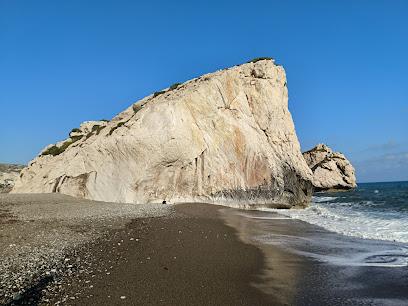
Archaeological Site of the Tombs of the Kings
Discover the ancient burial site of the elite at the Tombs of the Kings in Cyprus, where history and breathtaking views come together.
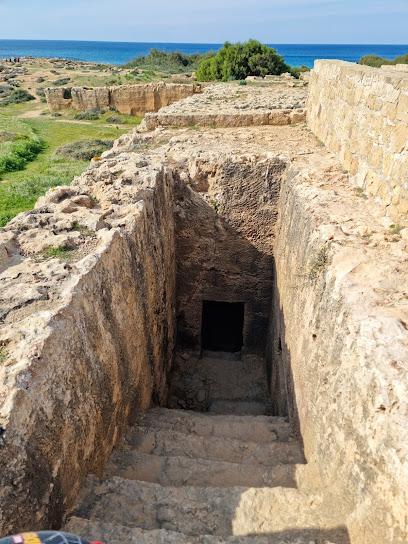
Kykkos Monastery
Discover Cyprus's spiritual heart at Kykkos Monastery, a mountaintop haven of Byzantine art, rich history, and breathtaking views in the Troodos Mountains.
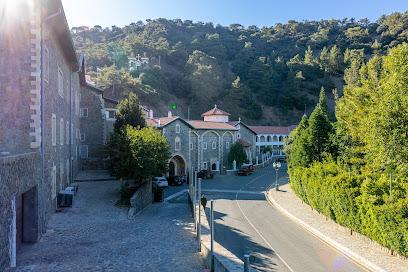
The Edro III Shipwreck
Witness the haunting beauty of the Edro III shipwreck, a coastal landmark offering dramatic views and stunning photo opportunities near Peyia.
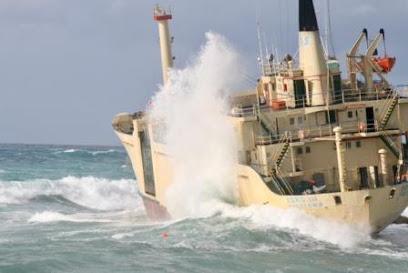
Pafos Zoo
Discover a world of wildlife at Pafos Zoo, home to over 1,200 animals in a lush tropical paradise near Peyia, Cyprus.

Paphos Aphrodite Waterpark
Experience thrilling slides & aquatic fun for the whole family at Paphos Aphrodite Waterpark, the largest in the Paphos region!
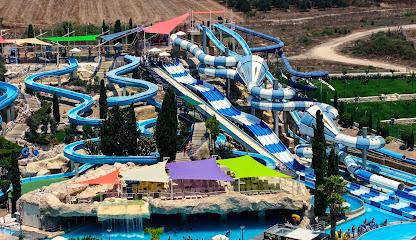
Paphos Castle
Explore Paphos Castle: a historic fortress with stunning harbor views, shaped by Byzantine, Crusader, Venetian, and Ottoman influences.
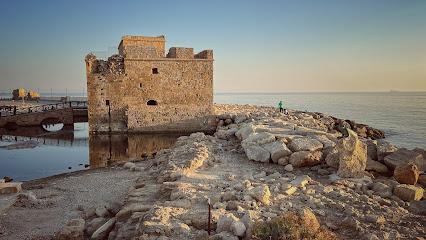
Adonis Baths Waterfalls
Discover the mythical Adonis Baths Waterfalls in Paphos: swim in rejuvenating waters and explore ancient legends amidst stunning natural beauty.
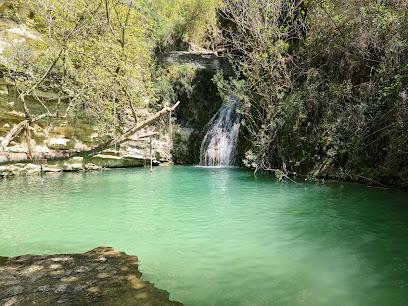
Avakas Gorge Nature Trail
Hike through a stunning limestone gorge in Cyprus, with towering cliffs, unique flora, and a rewarding nature trail experience.
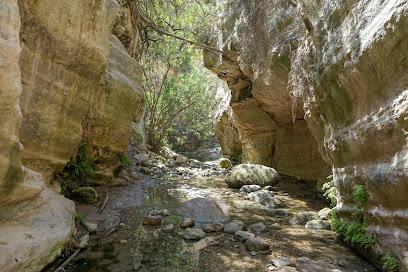
Baths of Aphrodite
Discover the mythical grotto where Aphrodite bathed, surrounded by the natural beauty of Cyprus' Akamas Peninsula.
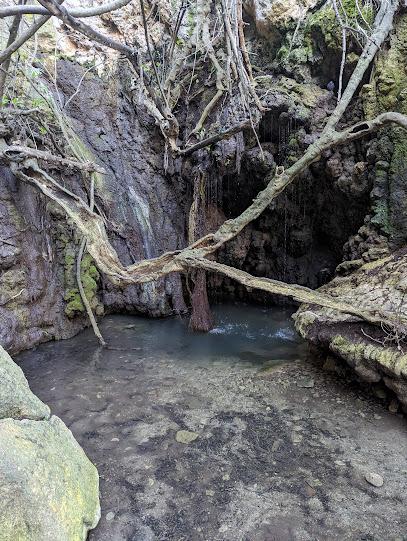
Timios Stavros Monastery
Discover the Timios Stavros Monastery in Omodos, Cyprus: a historic site with religious relics, stunning architecture, and a rich cultural heritage.
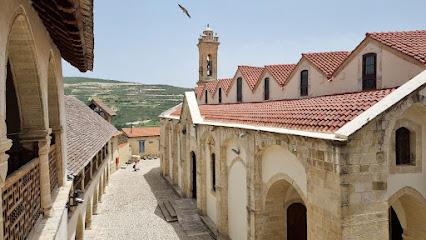
Kalidonia Waterfall
Escape to the Troodos Mountains and discover the serene beauty of Kalidonia Waterfall, a Cyprus treasure named by Scottish explorers.
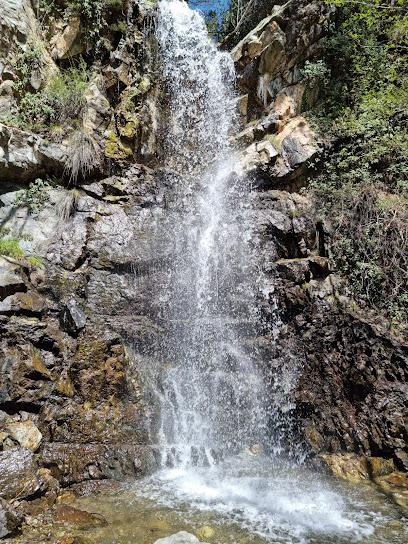
Lara Beach
Escape to Lara Beach: Cyprus's hidden gem, where golden sands meet crystal waters and endangered turtles find sanctuary on a protected coastline.
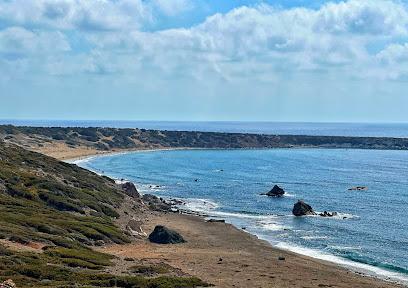
Akama National Forest Park
Discover Akamas National Forest Park: A Cyprus treasure of rugged beauty, diverse wildlife, and mythological allure on the Akamas Peninsula.
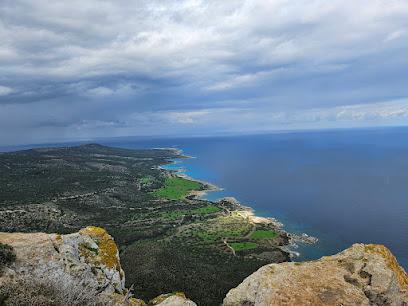
House of Dionysus
Explore stunning Roman mosaics at the House of Dionysus in Paphos, a UNESCO World Heritage Site and window into ancient mythology.
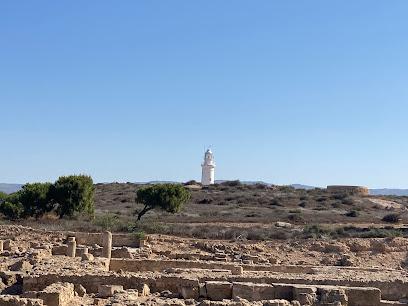
Essential places to dine
Moustakallis Tavern
Savor authentic Cypriot cuisine at Moustakallis Tavern in Poli Crysochous - where tradition meets taste!
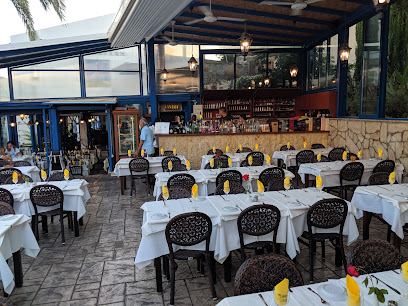
Ταβέρνα Η Παρέα
Experience authentic Cypriot flavors at Ταβέρνα Η Παρέα - a must-visit Greek restaurant in beautiful Poli Crysochous.
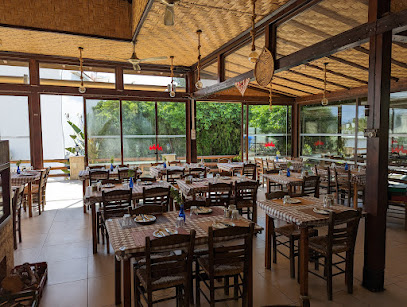
Porto Latchi Restaurant & Fish Tavern
Experience authentic Mediterranean flavors at Porto Latchi Restaurant & Fish Tavern with breathtaking sea views and delightful dishes.
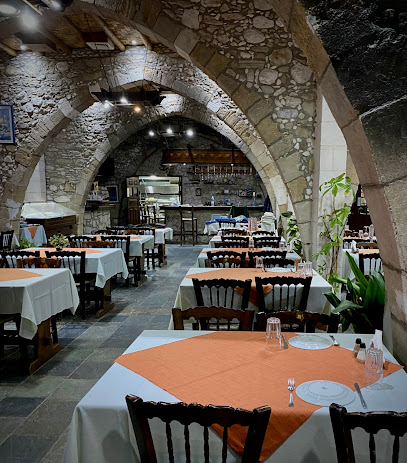
YIALOS BEACH GRILL HOUSE
Discover Yialos Beach Grill House: where mouth-watering grilled dishes meet breathtaking views in Neo Chorio, Cyprus.
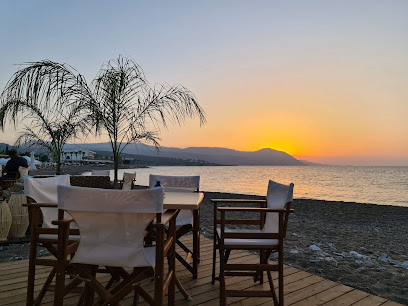
Polis Herb Garden-Restaurant
Discover delightful flavors at Polis Herb Garden-Restaurant in Cyprus - where fresh herbs meet traditional Cypriot cuisine amidst lush gardens.
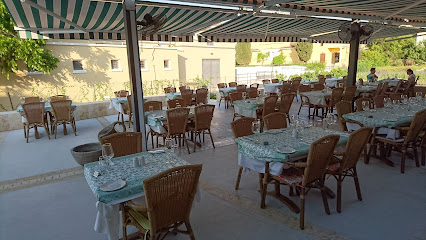
Restomare Latchi
Experience authentic Cypriot cuisine at Restomare Latchi with stunning views of the Mediterranean Sea and a welcoming atmosphere.
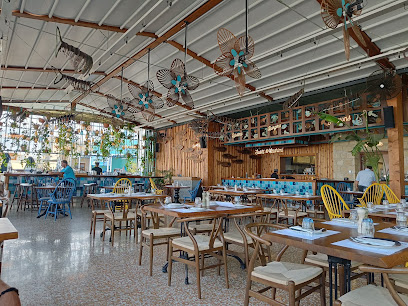
Psaropoulos Fish Tavern
Savor delicious seafood and traditional Cypriot dishes at Psaropoulos Fish Tavern in Latsi, where every meal is a celebration of local flavors.
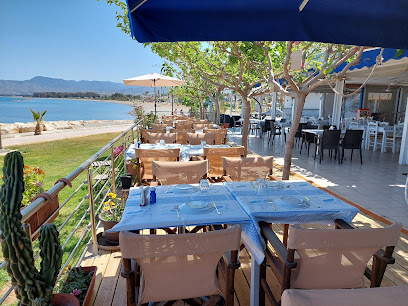
Island Beach Bar and Restaurant
Discover Island Beach Bar and Restaurant in Poli Crysochous: indulge in delicious cuisine with breathtaking coastal views in Cyprus.
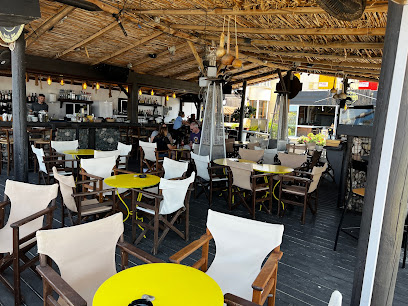
La Plage Restaurant
Experience delightful Mediterranean flavors at La Plage Restaurant, nestled on Cyprus' beautiful Municipal Beach of Polis.
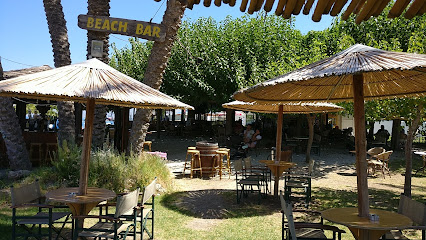
Periyiali Restaurant
Experience exquisite Mediterranean flavors with stunning sea views at Periyiali Restaurant in Latsi, Cyprus.
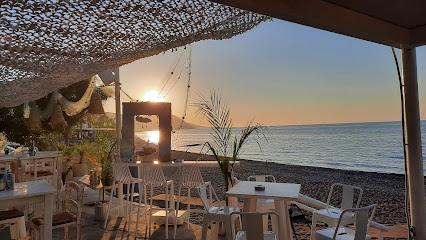
Finikas
Discover authentic Cypriot cuisine at Finikas, where fresh ingredients meet warm hospitality in Poli Crysochous.
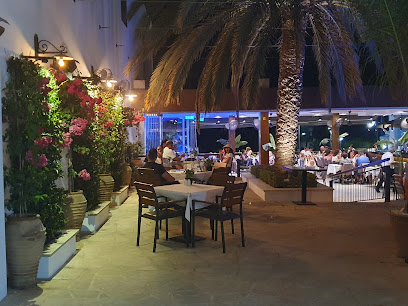
Tis Pizzas Mezeklikia
Discover mouthwatering pizzas at Tis Pizzas Mezeklikia in Poli Crysochous – where Italian tradition meets Cypriot charm.
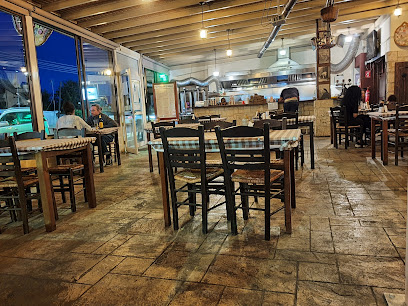
Old Town Restaurant, Polis
Experience authentic Cypriot cuisine at Old Town Restaurant in Polis - where every meal is a celebration of local flavors.
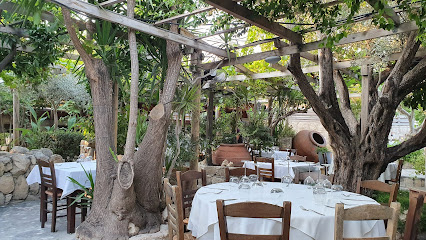
Half Way House Restaurant
Discover authentic Cypriot flavors at Half Way House Restaurant in Argaka – where great food meets warm hospitality.
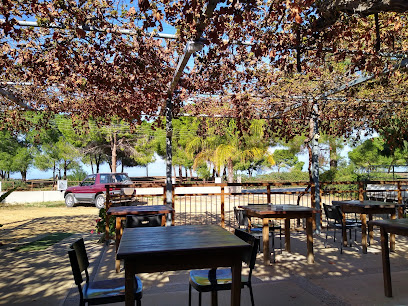
Yiannis Sandwich Place
Discover Yiannis Sandwich Place in Latsi - where delicious sandwiches meet the charm of Cyprus, perfect for food lovers on a budget.
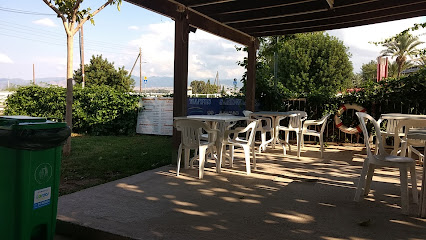
Markets, malls and hidden boutiques
Kaites Kiosk
Explore the flavors of Cyprus at Kaites Kiosk, your go-to supermarket for local delicacies and everyday essentials in Poli Crysochous.
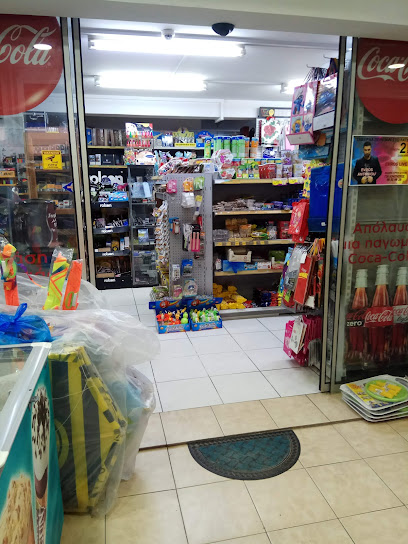
Aristidou Supermarket polis chrysochous
Explore the essence of Cyprus at Aristidou Supermarket, where fresh local produce and delightful wines await your discovery.
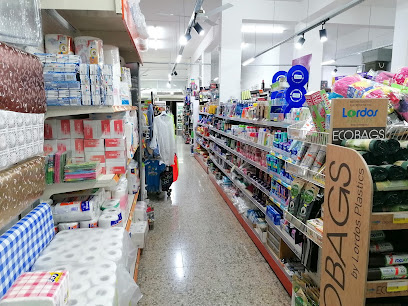
Kaites Fruitmarket
Discover the freshest local produce at Kaites Fruitmarket in Poli Crysochous, a culinary gem for every traveler seeking authentic Cypriot flavors.
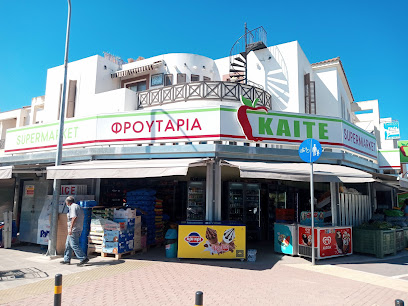
Joker Vape Shop
Discover the finest vaping products at Joker Vape Shop in Polis Crysochous, Cyprus – a paradise for vaping enthusiasts and curious tourists alike.
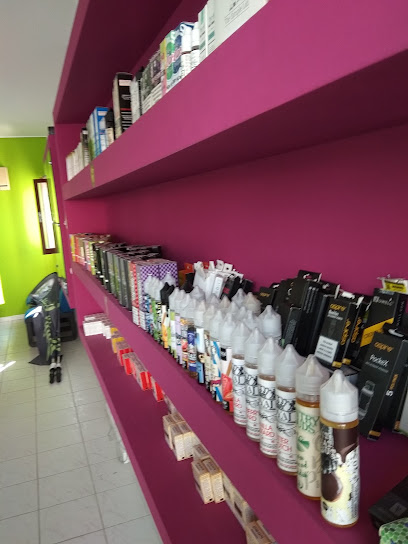
Mas supermarket
Experience the essence of Cyprus at Mas Supermarket, your go-to destination for fresh produce and local delicacies in Poli Crysochous.
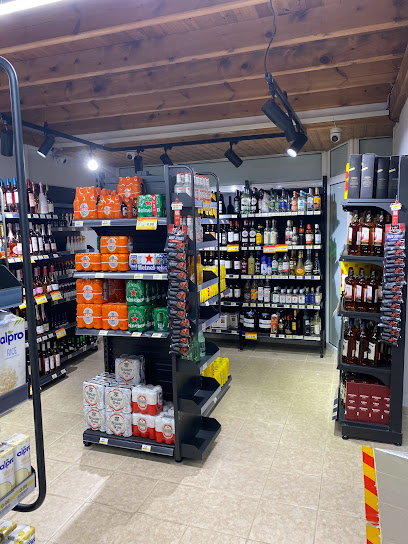
TCs plant-based grocery
Explore TCs Plant-Based Grocery in Polis Chrysochous for an authentic organic shopping experience filled with fresh produce and local delights.
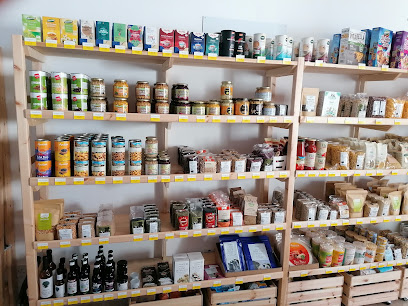
That Nice Shop
Explore That Nice Shop in Poli Crysochous for unique gifts and artistic handicrafts that embody the charm and culture of Cyprus.
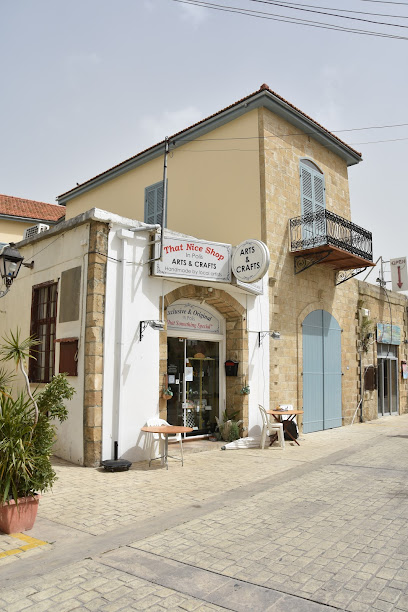
Bags Of Fun
Explore Bags Of Fun in Poli Crysochous, Cyprus for exquisite handcrafted jewelry that embodies the island's rich cultural heritage and craftsmanship.
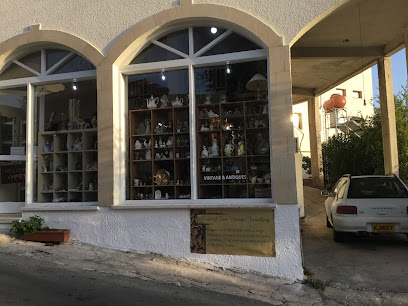
Aphrodite Aroma
Explore Aphrodite Aroma in Cyprus, where unique fragrances capture the spirit of the Mediterranean, creating unforgettable memories with every scent.
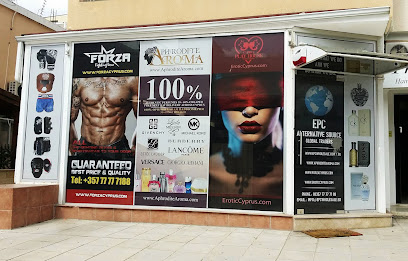
Friends Hospice Charity Shop
Shop sustainably at Friends Hospice Charity Shop in Poli Crysochous, where every purchase supports local hospice care and offers unique fashion finds.
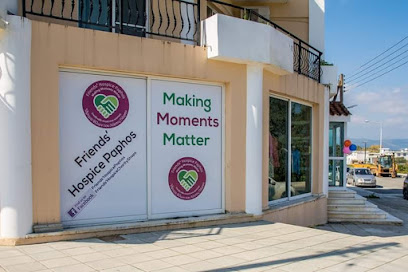
GEM’S PET & ANIMAL PETSHOP POLIS
Explore a world of pets, supplies, and local culture at Gem’s Pet & Animal Petshop in Poli Crysochous, Cyprus – a must-visit for animal lovers!
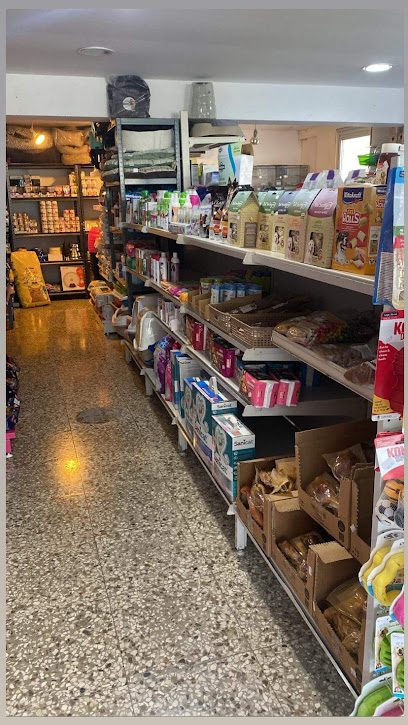
Alexis Christodoulou D.I.Y
Discover unique souvenirs and local crafts at Alexis Christodoulou D.I.Y in Poli Crysochous, Cyprus, an essential stop for every traveler.
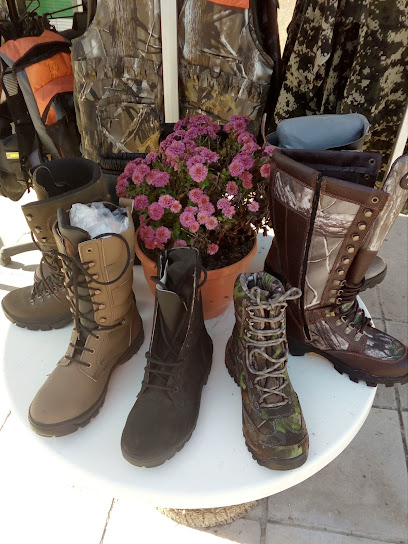
Ollie bebe
Explore Ollie Bebe, a charming general store in Poli Crysochous, offering unique local products and friendly service for every traveler.

Vavel Stores
Discover the latest fashion trends at Vavel Stores in Poli Crysochous, offering a unique selection of clothing and accessories for every style.
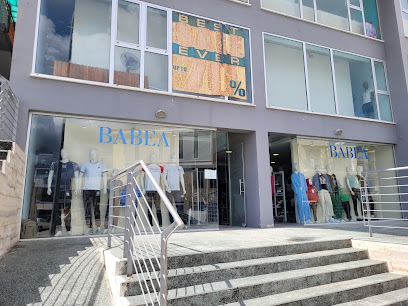
home and more by flambouayia
Explore Home and More by Flambouayia for unique gifts and appliances that celebrate Cypriot culture and craftsmanship in the heart of Poli Crysochous.
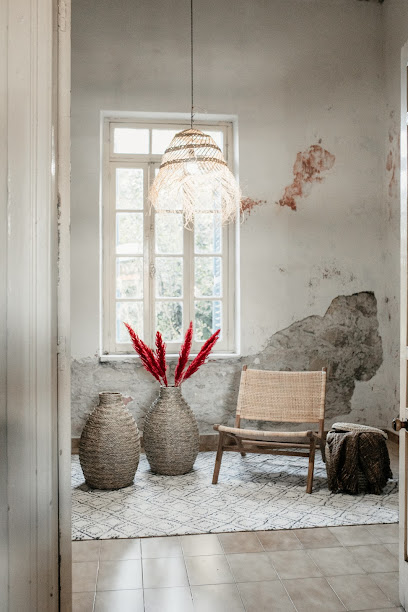
Essential bars & hidden hideouts
Moustakallis Tavern
Discover the authentic flavors of Cyprus at Moustakallis Tavern, where delicious cuisine meets a warm, inviting atmosphere.
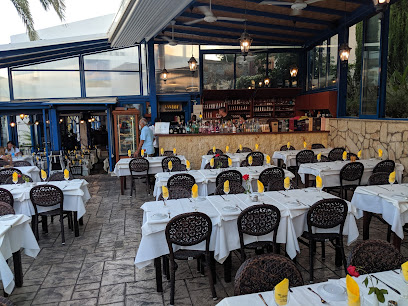
Ταβέρνα Η Παρέα
Savor the flavors of Greece at Ταβέρνα Η Παρέα, where tradition meets culinary excellence in the heart of Cyprus.
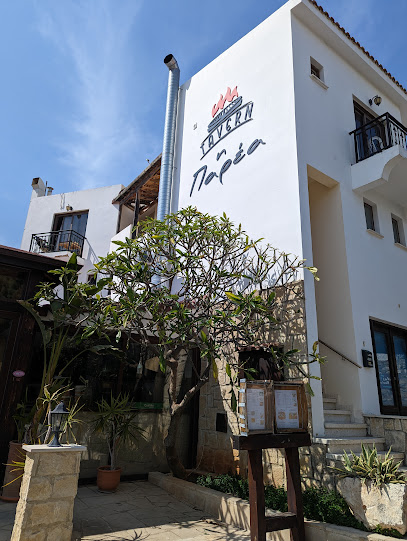
Island Beach Bar and Restaurant
Experience the best of Cyprus with delicious local cuisine and refreshing cocktails at the Island Beach Bar and Restaurant, where stunning sea views await.
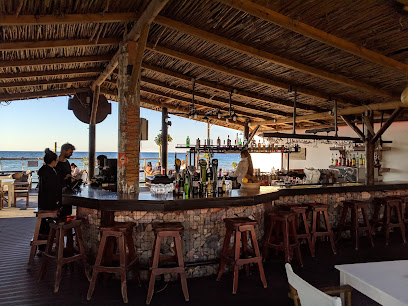
Polis Beach Bar
Experience the perfect blend of relaxation and flavor at Polis Beach Bar, a coastal gem in Cyprus offering delicious grilled dishes and stunning sea views.
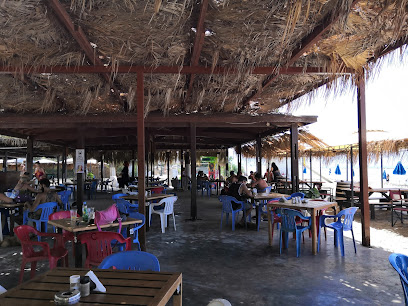
The Chix - Chox Restaurant
Experience authentic Cypriot flavors at The Chix - Chox Restaurant, a culinary gem in the heart of Poli Crysochous, perfect for all food lovers.
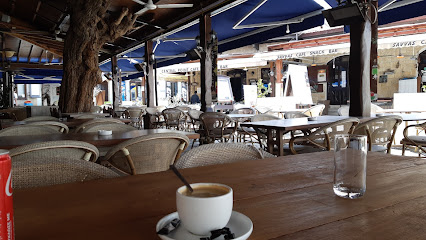
Saddles Café & Bar
Experience the perfect blend of café and bar at Saddles in Poli Crysochous, Cyprus. A cozy retreat for relaxation and delightful flavors.
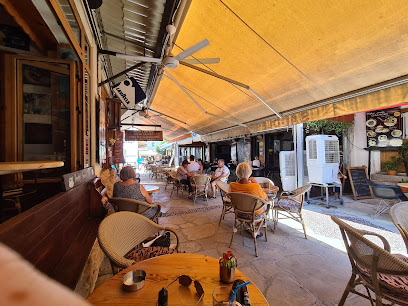
Miki's Tavern & Fish Restaurant
Discover the authentic flavors of Cyprus at Miki's Tavern & Fish Restaurant, where fresh seafood meets local tradition in a picturesque setting.
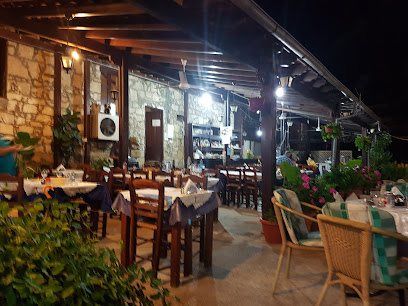
Costas Corner Cafe Bar
Experience authentic Cypriot flavors at Costas Corner Cafe Bar in Poli Crysochous, a cozy pub perfect for unwinding amidst stunning surroundings.
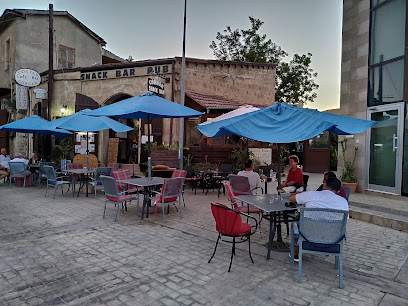
La Terrasse 4 U
Experience the perfect blend of relaxation and vibrant nightlife at La Terrasse 4 U, a coastal bar and restaurant in beautiful Poli Crysochous, Cyprus.
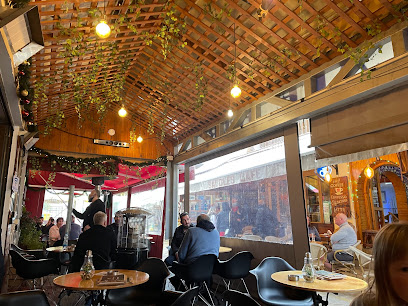
Rêver Cocktails & Tapas
Experience the perfect blend of innovative cocktails and delicious tapas at Rêver Cocktails & Tapas in Poli Crysochous, Cyprus.
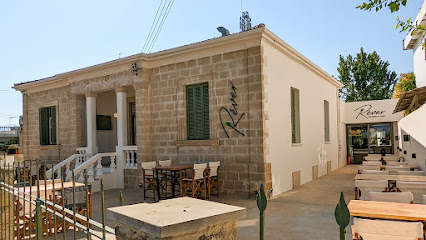
The Village Pub
Discover the charm of The Village Pub in Poli Crysochous, a cozy bar with friendly service and a delightful selection of drinks.
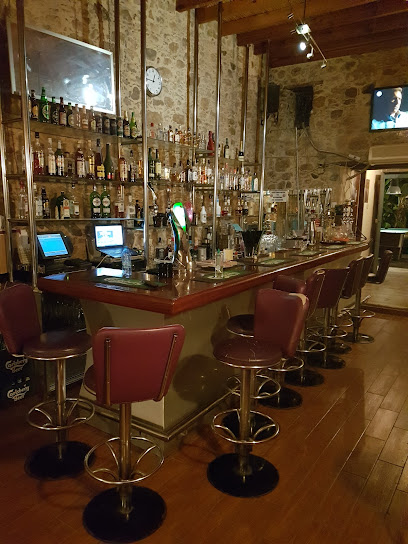
La Terrasse
Experience the perfect blend of relaxation and vibrant atmosphere at La Terrasse, a top lounge in Poli Crysochous, Cyprus.
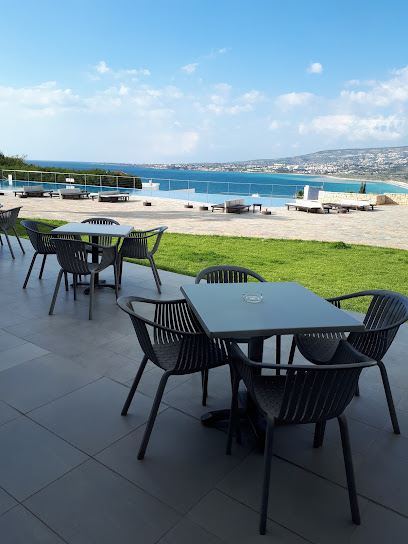
Viva Polis
Experience the vibrant nightlife at Viva Polis, the cocktail bar in Poli Crysochous known for creative drinks and a lively atmosphere.
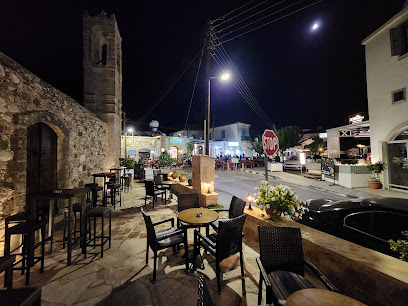
Prodromi Village Tavern
Experience the authentic flavors of Cyprus at Prodromi Village Tavern, a rustic dining spot in the charming Prodromi village.
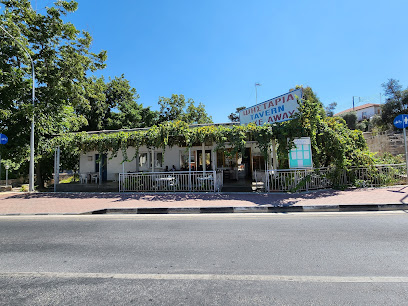
Local Phrases
-
- HelloΓεια σας
[Ya sas] - GoodbyeΑντίο
[Antío] - YesΝαι
[Nai] - NoΌχι
[Ochi] - Please/You're welcomeΠαρακαλώ
[Parakaló] - Thank youΕυχαριστώ
[Efcharistó] - Excuse me/SorryΣυγνώμη
[Signómi] - How are you?Τι κάνετε;
[Ti kánete?] - Fine. And you?Καλά. Εσείς;
[Kalá. Esís?] - Do you speak English?Μιλάτε Αγγλικά;
[Miláte Angliká?] - I don't understandΔεν καταλαβαίνω
[Den katalavéno]
- HelloΓεια σας
-
- I'd like to see the menu, pleaseΘα ήθελα να δω το μενού, παρακαλώ
[Tha íthela na do to menú, parakaló] - I don't eat meatΔεν τρώω κρέας
[Den tróo kreás] - Cheers!Υγεία!
[Ygeía!] - I would like to pay, pleaseΘα ήθελα να πληρώσω, παρακαλώ
[Tha íthela na pliróso, parakaló]
- I'd like to see the menu, pleaseΘα ήθελα να δω το μενού, παρακαλώ
-
- Help!Βοήθεια!
[Voítheia!] - Go away!Φύγε!
[Fíge!] - Call the Police!Καλέστε την Αστυνομία!
[Kaléste tin Astynomía!] - Call a doctor!Καλέστε ένα γιατρό!
[Kaléste éna giatró!] - I'm lostΈχω χαθεί
[Ého hatheí] - I'm illΕίμαι άρρωστος
[Íme árrostos]
- Help!Βοήθεια!
-
- I'd like to buy...Θα ήθελα να αγοράσω...
[Tha íthela na agoráso...] - I'm just lookingΑπλά κοιτάω
[Aplá koitáo] - How much is it?Πόσο κοστίζει;
[Póso kostízei?] - That's too expensiveΑυτό είναι πολύ ακριβό
[Aftó eínai polý akrivó] - Can you lower the price?Μπορείτε να μειώσετε την τιμή;
[Boríte na miósete tin timí?]
- I'd like to buy...Θα ήθελα να αγοράσω...
-
- What time is it?Τι ώρα είναι;
[Ti óra íne?] - It's one o'clockΕίναι μία ώρα
[Íne mía óra] - Half past (10)Μισή (10)
[Misí (10)] - MorningΠρωί
[Proí] - AfternoonΑπόγευμα
[Apóyefma] - EveningΒράδυ
[Vrádi] - YesterdayΧθες
[Hthes] - TodayΣήμερα
[Símera] - TomorrowΑύριο
[Ávrio] - 1Ένα
[Éna] - 2Δύο
[Dýo] - 3Τρία
[Tría] - 4Τέσσερα
[Téssera] - 5Πέντε
[Pénte] - 6Έξι
[Éxi] - 7Επτά
[Eptá] - 8Οχτώ
[Ochtó] - 9Εννιά
[Enniá] - 10Δέκα
[Déka]
- What time is it?Τι ώρα είναι;
-
- Where's a/the...?Πού είναι ένα/το...;
[Pou íne éna/to...?] - What's the address?Ποια είναι η διεύθυνση;
[Poia íne i diefthynsi?] - Can you show me (on the map)?Μπορείτε να μου δείξετε (στο χάρτη);
[Boríte na mou déixete (sto chárte)?] - When's the next (bus)?Πότε είναι το επόμενο (λεωφορείο);
[Póte íne to epómeno (leoforío)?] - A ticket (to ....)Ένα εισιτήριο (προς το ....)
[Éna isitírio (pros to ....)]
- Where's a/the...?Πού είναι ένα/το...;
History of Polis Chrysochous
-
Polis Chrysochous, originally known as Marion, was one of the ancient city-kingdoms of Cyprus. Founded around the 8th century BCE, it became a significant center of trade due to its strategic location and rich copper mines. Marion thrived during the Archaic and Classical periods, forming alliances with other powerful city-states and engaging in trade across the Mediterranean.
-
In the 6th century BCE, Marion, like the rest of Cyprus, came under Persian control. The city maintained a level of autonomy but was required to pay tribute to the Persian Empire. During this period, Marion continued to prosper, benefiting from the stability provided by the Persian rule and the expansion of trade networks.
-
Following the conquests of Alexander the Great in the late 4th century BCE, Cyprus became part of the Hellenistic world. Marion was destroyed by Ptolemy I of Egypt around 312 BCE, and its population was moved to the newly established city of Arsinoe, named after Ptolemy's sister. This marked a significant shift in the region's urban and cultural landscape.
-
Under Roman rule, the city of Arsinoe (present-day Polis Chrysochous) flourished as an important administrative center. The Romans built extensive public works, including aqueducts, baths, and a theater, which significantly improved the quality of life for its inhabitants. The city also became a hub for early Christianity, with several bishops from Arsinoe participating in early church councils.
-
During the Byzantine era, Polis Chrysochous continued to thrive, with the construction of several important religious buildings, including the Basilica of Agios Kyriakos. The city experienced a decline during the Arab raids of the 7th and 8th centuries but saw a resurgence under the Lusignan rule in the medieval period. The Lusignans fortified the city and restored many of its key structures.
-
In 1571, Cyprus was conquered by the Ottoman Empire, and Polis Chrysochous, like the rest of the island, came under Ottoman administration. The city experienced a period of relative decline, with reduced trade and economic activity. However, it remained an important local center, with a mixed population of Greek and Turkish Cypriots.
-
In 1878, Cyprus was leased to the British Empire, marking the beginning of a new era for Polis Chrysochous. The British introduced modern infrastructure, including roads, schools, and medical facilities. This period also saw the rise of political activism and the eventual struggle for Cypriot independence, which was achieved in 1960.
-
Today, Polis Chrysochous is a charming town known for its rich history and cultural heritage. The town has become a popular destination for tourists, who are drawn to its archaeological sites, beautiful landscapes, and traditional Cypriot hospitality. Efforts are ongoing to preserve and promote the historical and cultural legacy of this ancient city.
Polis Chrysochous Essentials
-
Polis Chrysochous is located in the northwestern part of Cyprus. The nearest international airport is Paphos International Airport, approximately 45 kilometers away. From the airport, you can take a taxi, hire a car, or use a shuttle service to reach Polis Chrysochous. The journey typically takes around 40-50 minutes by road. Alternatively, Larnaca International Airport is about 165 kilometers away and offers more international flight options. Public buses also connect Paphos and Larnaca to Polis Chrysochous, though the journey will take longer.
-
Polis Chrysochous is a small town, and many of its attractions are within walking distance. For longer trips, local taxis are readily available and reasonably priced. Public buses operate within the town and connect to nearby villages and towns, including Paphos. Renting a car is a convenient option for exploring the surrounding areas at your own pace. Bicycles and scooters are also popular for short distances and can be rented from various shops in town.
-
The official currency in Cyprus is the Euro (EUR). Credit cards are widely accepted in hotels, restaurants, and shops, but it is advisable to carry some cash for smaller establishments and markets. ATMs are available throughout Polis Chrysochous, so you can withdraw cash as needed.
-
Polis Chrysochous is generally a safe destination for tourists. However, like any travel destination, it is advisable to take standard precautions. Avoid walking alone at night in unfamiliar areas and keep an eye on your belongings in crowded places. There are no specific high-crime areas targeting tourists, but it is always best to stay vigilant and aware of your surroundings.
-
In case of emergency, dial 112 for immediate assistance. The local police station and medical facilities are available in Polis Chrysochous. It is recommended to have travel insurance that covers medical emergencies. For minor health issues, there are several pharmacies in town where you can purchase over-the-counter medications.
-
Fashion: Do dress modestly, especially when visiting religious sites. Avoid wearing overly revealing clothing. Religion: Do respect local customs and traditions. Always cover your head when entering churches and monasteries. Public Transport: Do be respectful and give up your seat to elderly passengers. Don't eat or drink on public transport. Greetings: Do greet people with a handshake. A slight bow of the head is also a sign of respect. Eating & Drinking: Do try local delicacies and accept food offerings graciously. Don’t refuse hospitality, as it is considered impolite.
-
To experience Polis Chrysochous like a local, visit the local markets where you can buy fresh produce and traditional Cypriot goods. Engage with locals, as they are often friendly and willing to share stories about the town's history and culture. Don't miss visiting the nearby Akamas Peninsula, known for its stunning natural beauty and wildlife. For a unique experience, take a boat trip to the Blue Lagoon, offering crystal-clear waters and beautiful scenery.
Trending Landmark in Polis Chrysochous
-
Archaeological Site of the Tombs of the Kings
-
Moustakallis Tavern
-
Ταβέρνα Η Παρέα
-
Polis Herb Garden-Restaurant
-
Psaropoulos Fish Tavern
-
Latchi Harbours( berthing )office/vhf-ch 17
-
Latchi Boat Trips - Blue Lagoon, Akamas - Cyprus Mini Cruises
-
Camping Site Polis Chrisochous
-
STS MOTOFUN
-
Finikas
-
Polis Municipal Beach
-
Old Town Restaurant, Polis
-
Yiannis Sandwich Place
-
Arsinoe Fish Tavern
-
Molos Restaurant
Nearby Cities to Polis Chrysochous
-
Things To Do in Paphos
-
Things To Do in Kato Paphos
-
Things To Do in Troodos
-
Things To Do in Pissouri
-
Things To Do in Limassol
-
Things To Do in Kyrenia
-
Things To Do in Nicosia
-
Things To Do in Larnaca
-
Things To Do in Famagusta
-
Things To Do in Ayia Napa
-
Things To Do in Protaras
-
Things To Do in Alanya
-
Things To Do in Antalya
-
Things To Do in Batroun
-
Things To Do in Beirut











